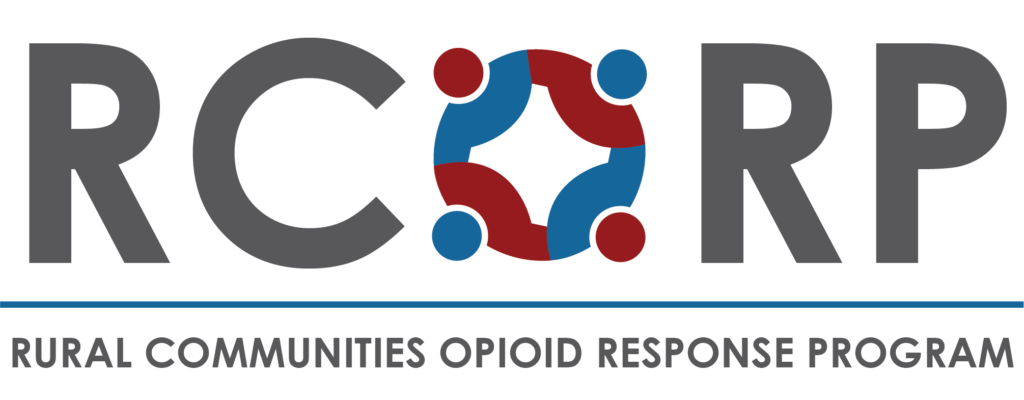A Deeper Dive into ASAM’s Recent Criteria Changes
Fletcher Group Rural SUD and Recovery Housing Specialist Anne Shields does a deeper dive into recent ASAM criteria changes, the evidence supporting them, and how the changes will affect recovery houses, especially those in rural America.
Recovery Residences and 4th Edition ASAM
Thanks to recent changes in the American Society of Addiction Medicine criteria, recovery housing is no longer fighting for a seat at the table. For the first time ever, RH is now fully and formally recognized as an essential element in the nation’s evidence-based continuum of care. Criteria contributors Beth Fisher Sanders and Dr. Paul […]
Confidentiality and Ethics
Dr. Kenneth Martz, Special Assistant to the Secretary of the Pennsylvania Department of Drug and Alcohol Programs, explores confidentiality laws, how to work within them, and issues of particular interest to rural recovery home owners and operators. Use the following link to view Dr. Martz’s entire 42-slide presentation titled, Secrets of Sobriety: Rural Recovery Residences […]
Implementing Medication-Assisted Recovery
Strategies to streamline access to addiction treatment medications and creating equitable policies and procedures.
Intro to Public Policy
Course covers the process of policy-making process at the federal level.
The Intersectionality of Women, SUD, Trauma, and the Criminal Legal System (Summit 2022)
Illustrates the invisible power relations created by trauma and the legal system for women with SUD and how it shapes identity and inequality.
How to Prevent MAT-Related Discrimination
Information on developing non-discriminating policies in rural recovery housing based on FHA and ADA.
Budgeting for Rural Recovery Residences
This course covers the basics of recovery house financing considerations, including capital expenses, operating expenses, stopgap funding, and ways to become sustainable.
Insurance for Recovery Housing
Buying insurance for your recovery house.
Identifying SUD Bias and Addressing Stigma in the Clinical Setting
This presentation outlines practical approaches to identifying personal bias and addressing stigma in the clinical care setting.

